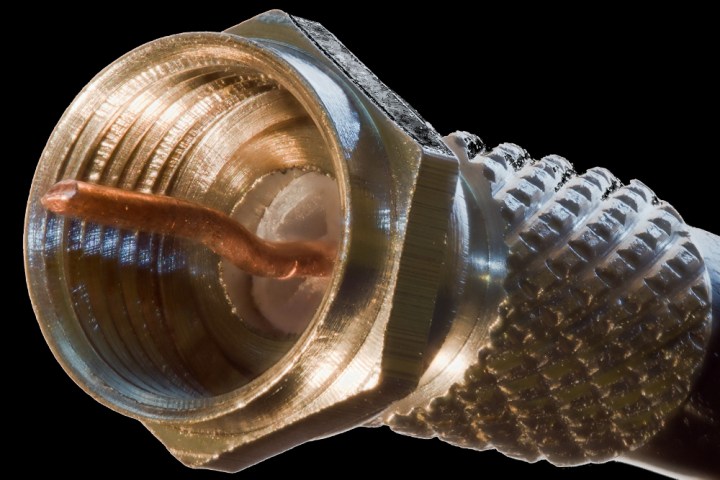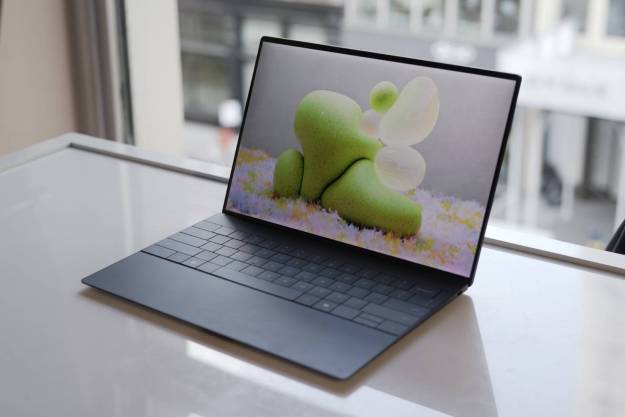
This week, the company demonstrated a new prototype technology called XG-CABLE. Federico Guillén, Nokia’s president of fixed networks, described the breakthrough as an “important achievement that will define the future capabilities and ultra-broadband services cable providers are able to deliver.”
Nokia’s Bell Labs has demonstrated that the technology that is able to deliver symmetric data speeds of 10 Gbps in point-to-point tests. Point-to-multi-point tests saw XG-CABLE deliver around 8 Gbps down and 7.5 Gbps up.
To the user, this means that services we use on a daily basis could be better served by our internet connections. Things like online gaming, HD video uploads, and some VR and AR experiences require strong upload capabilities as well as brisk downloads, so a healthy symmetric data speed is only going to become more vital in coming years.
This technology isn’t intended to replace fiber outright. The speeds achieved in these tests are only possible over relatively short distances, so it would only be used to connect individual households with the street-level network. However, this should still prove to be a major benefit — that’s generally the most expensive part of the process, so switching out fiber for XG-CABLE could well make robust internet speeds accessible to far more homes.
XG-CABLE is still being referred to by Nokia as a proof-of-concept, and is obviously still a way off practical implementation. Still, the project looks set to be a potent tool in the struggle to improve internet infrastructure without costs becoming prohibitive.


